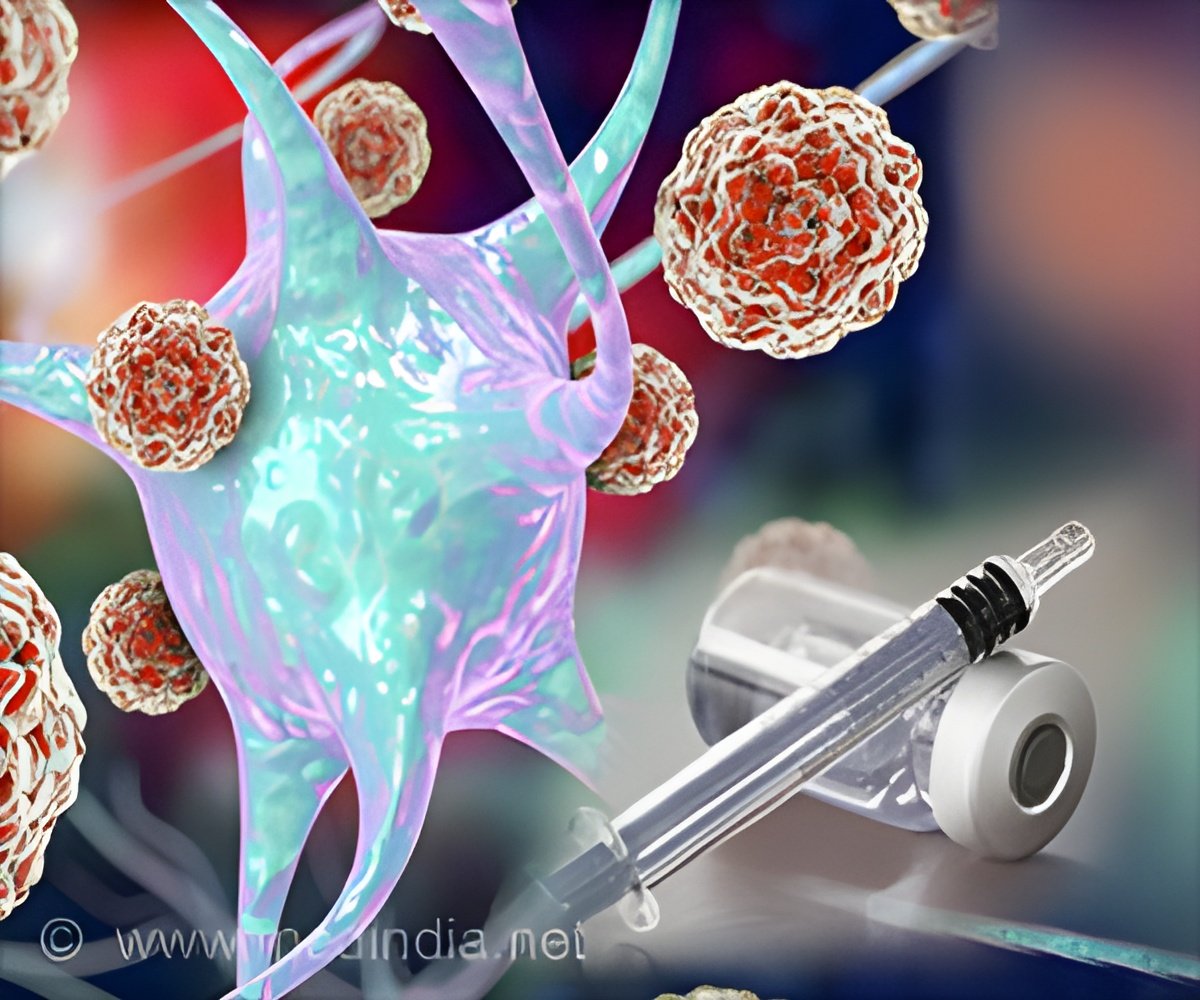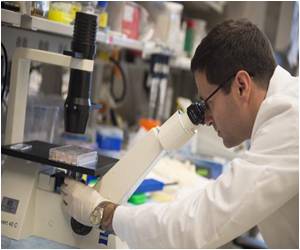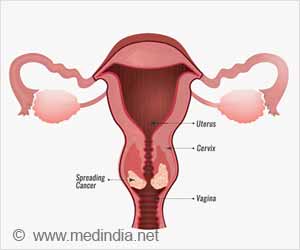By studying natural killer cells, a research team at the IRCM has identified the mechanism of action for a new target for novel immune-oncology treatments.

‘Researchers have discovered the mechanism by which the DNAM-1 protein stimulates the function of natural killer cells and thus increases their capacity to destroy tumor cells. The therapy could have a significant impact on the next generation of cancer treatments.’





Dr. Veillette, Director of the Molecular Oncology research unit at the IRCM, said, "We discovered the mechanism by which the DNAM-1 protein stimulates the function of NK cells and, thus, increases their capacity to eliminate cancer cells. When the TIGIT receptor interacts with an infected cell, it prevents its interaction with the DNAM-1 protein, which, as a result, suppresses the function of NK cells and slows the immune system." Dr. Veillette further added, "Our results reveal how antibodies against TIGIT could become new therapies in immune-oncology. These antibodies could improve the function of the DNAM-1 protein, thereby improving the ability of NK cells to destroy tumor cells. This type of therapy could have a significant impact on the next generation of cancer treatments."
The study is published in the Journal of Experimental Medicine.
Source-Eurekalert










